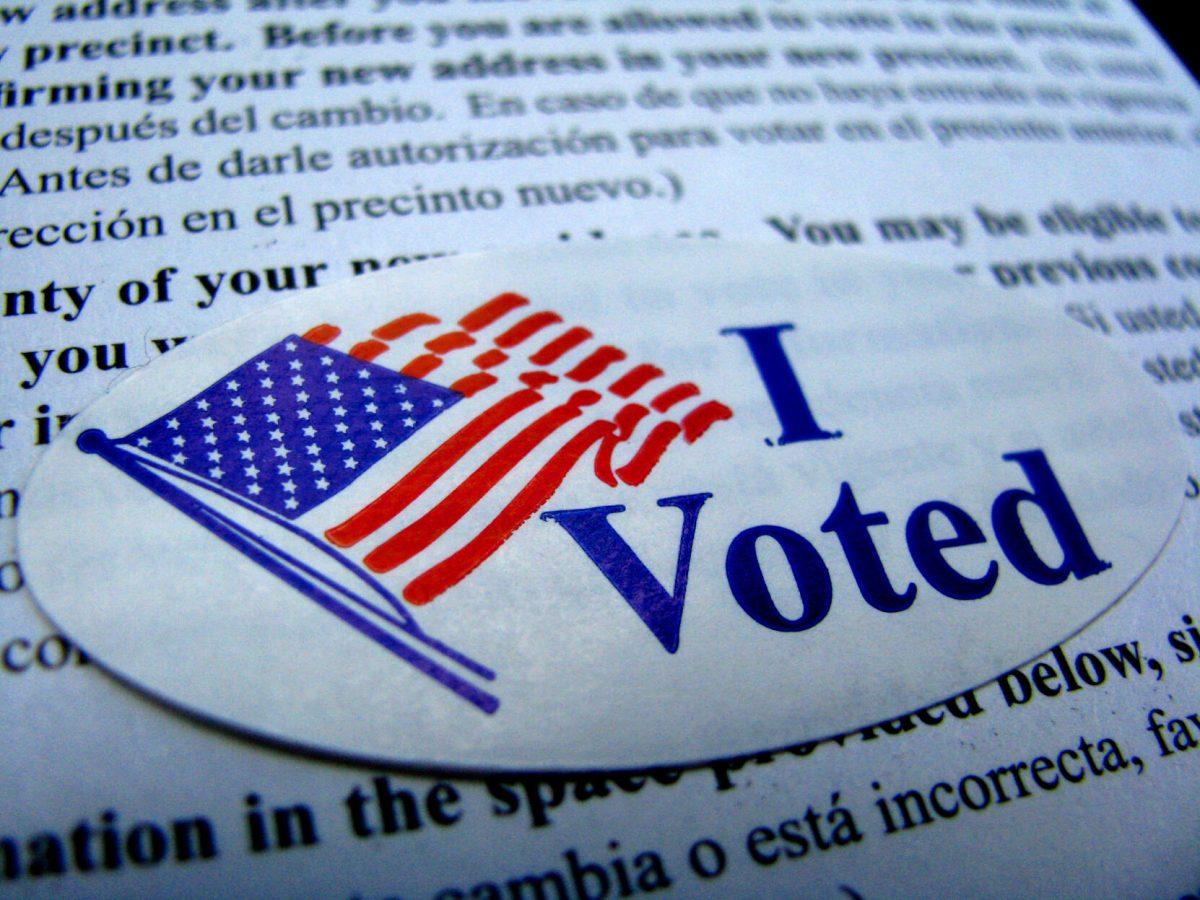Every Texas A&M student is required to take two political science classes to graduate — a requirement that can lead to learning about voting and its consequences.
Instructional associate professor of political science and Class of 1994 and 2009 Dwight Roblyer, Ph.D., teaches one of the core curriculum political science classes, including POLS 207, POLS 231, and POLS 447.
“The students that mostly come up to talk before or after lectures are from all students of all majors,” Roblyer said. “It’s actually rare that I talk to someone that’s a political science major.”
One of these students is political science sophomore Brendan Hurt, whose experience in class encouraged him to vote.
“In one of my political science classes, we were shown a graph of, I want to say, the vast majority of Americans couldn’t name the three branches of government, and that just scared me,” Hurt said.
Roblyer said his course aims to educate students about their government and the voting process.
“A friend of mine is a volunteer deputy voting registrar here in town, and they supplied me with a whole stack of mail-in registration applications,” Roblyer said. “So I’ve been handing those out to students. I also offer many other voting and registration information through my course.”
Political science sophomore Adelade Edgington is a newly-registered voter in Brazos County and will be voting for the first time in the upcoming presidential election.
“I think being involved in political science classes has made me feel more responsible for my vote,” Edgington said. “ … Since such a small group of relatively older individuals is deciding what Texas will be like, then doesn’t that mean if we mobilized, we would be deciding the future of Texas?”
Roblyer said voters must understand that the future of government is dependent on the conversations of the people.
“Concerning our politics in the United States, we have become hyper-partisan, and we need to realize that what’s going on is poisonous,” Roblyer said. “And so I tell them on day one that I’m going to try and equip them with the ability to walk up to somebody that believes something different than you and ask, ‘Why do you believe what you believe?’”
Edgington said these classes about politics impact not only the conversations people have but also the productivity of society.
“Education is really important with showing people that there can be change,” Edgington said. “Especially if our generation steps up, there could be a lot of change, but it’s just the trend to kind of not care about politics.”
Hurt said college students come from all over, so education about the voting process is necessary.
“The first thing you need to do when you move to A&M if you want to vote here is switch your county to be able to vote in the local and county level elections,” Hurt said. “Not many students get told that information unless they’re in a political science course.”
Hurt said there are certain factors one must consider before making a decision when getting ready to vote.
“A lot of college students feel like they have an obligation to vote, and I also think that more students feel like they have to engage in the discussion,” Hurt said. “We’re seeing our generation become more politically active than years prior because we have so many issues that are affecting us.”
Roblyer said two years ago, local government officials moved the early voting locations away from the MSC, resulting in concern and activism from the student body.
“And, you know, to hear former Mayor Berry say that she made a mistake and we’re moving it back next year, that’s a really big deal,” Roblyer said.
The university requires all students to take six credit hours of political science courses to graduate. Hurt said he believes this requirement should be larger.
“I think that people need to be informed citizens, and, maybe I’m biased, but I think there should be an extension to an elective,” Hurt said. “Overall, being more aware of policies is good, particularly for educational students, so I would be in favor of expanding the requirement.”
Roblyer said students can now be more academically involved in political science.
“I’m very excited that the department, just last semester, added a bunch of minors in politics and political science,” Roblyer said. “I think there’s a lot of good things that you can do with it just because it’s good basic education about life — because politics is, you know, it’s in the workplace, family place, all social spaces, it’s everywhere.”










